Compromised Skin Barrier: What It Is And Why You Should Care
What is a Compromised Skin Barrier?
Your skin barrier is that very top layer of skin that’s responsible for protecting your face from loss of moisture and protecting it from bacteria.
Think of your skin barrier like a brick wall. If the mortar is in place, the wall is strong and nothing can get in or out, but if the mortar falls apart, the wall becomes weak and crumbles and allows moisture to escape and bacterial intruders to invade the deeper layers.
Your skin barrier is your first line of defense to healthy, glowing skin!

Want to read more? Click here for the full article. https://pubmed.ncbi.nlm.nih.gov/33852256/
The most important function of the uppermost layer of the human epidermis is the formation of the epidermal barrier. Lipids, such as ceramides, cholesterol, and free fatty acids, together form lamellar membranes that limit the loss of water and electrolytes. In addition to preventing loss of moisture, the barrier (stratum corneum) prevents the entry of harmful irritants, allergens, and microorganisms into the skin. Disruption of the epidermal barrier leads to skin that is irritated, more reactive, and more sensitive than normal skin. SC thickness, lipid profile, and barrier function vary with different ethnic groups, which is also reflected in the differences in prevalence and manifestation of diverse skin conditions related to the skin barrier function such as atopic dermatitis and sensitive skin.
In addition to these compromised skin barrier-related conditions, we are just now starting to understand the direct and indirect impact of COVID-19 on the skin and how current preventative measures are contributing to skin barrier disorders.

Our understanding of various approaches for restoration of the skin barrier, especially the role of topically applied mixtures of cholesterol, ceramides, and essential/nonessential free fatty acids (FFAs) allows for the strengthening of the compromised skin barrier and alleviation of symptoms and discomfort associated with skin barrier disorders. Ceramide-containing products on the market are commonly available and offer protection and reparative benefits to the skin barrier. Adapted from:
J Drugs Dermatol. 20(4 Suppl):17-22. doi:10.36849/JDD.S589C.
What Causes Compromised Skin Barrier Function?
Excessive exfoliation, whether with mechanical scrubs or cleansing brushes, excessive use of acids, such as AHA’s, BHA’s, cleansing with harsh, foaming facial cleansers, use of strong toners, and use of overly acid or alkaline skincare products that disrupt the pH of the skin. Other factors include age, diet, psoriasis, dermatitis, fair, thin skin, ethnicity, and many other external and internal factors.
To read more, click here: https://beautytap.com/2019/09/compromised-skin-barrier/
What are the symptoms of compromised skin barrier function?
* Your skin may be super dry, tight, and possibly flaky, scaly, and inflamed
* Your skin looks dull and flat
* Your skin may be breaking out, and in places where you don’t normally break out
* Your skin stings and itches when you apply your products
* Your skin becomes sensitive
How To Repair a Compromised Skin Barrier

*Stop using any and all actives (AHAs/BHAs/PHAs), harsh high pH cleansers, and scrubs. Also, acne products that contain benzoyl peroxide are extremely drying, so avoid these, too.
These products/ingredients can cause further damage to your barrier, and you’re trying to fix it, not make it worse. Don’t use facial scrubbing brushes or any gritty scrubs or products that have a pH under 5 or over 8.
If you use any retinol products, prescription or over the counter, it’s probably wise to take a break for a couple of weeks before reintroducing them.
- Read labels and looks for ingredients that are known to support healthy skin barrier
- function such as ceramides, squalane, CoQ10, niacinamide, phospholipids, aloe, allantoin, and panthenol.
Basically, keep your routine VERY simple. Cleanse, Hydrate, and Moisturize with well-formulated products.
How Long will it take to heal my moisture barrier?

Depending on the degree of damage and your skin type, you should start to notice improvement within the first week of proper care and repair can be complete in as little as 2 weeks but may take up to a month. Be very slow and cautious as you begin to reintroduce products, (no more than one per week), and use these products at half the interval you would, normally until you can determine how your skin will respond.
Be patient and your skin will again begin to look firm, hydrated, and healthy!
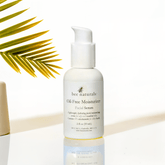

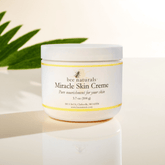

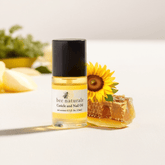

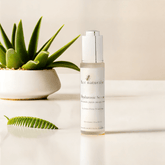



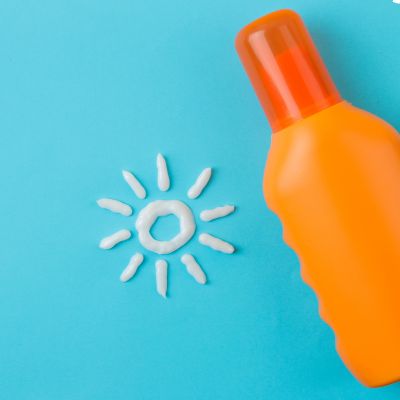
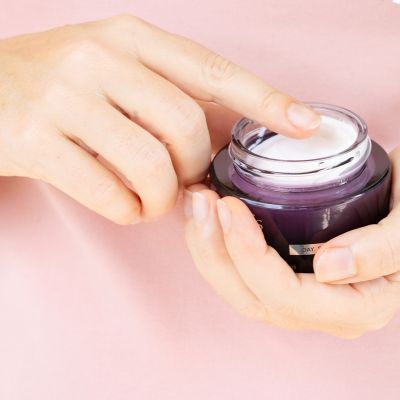
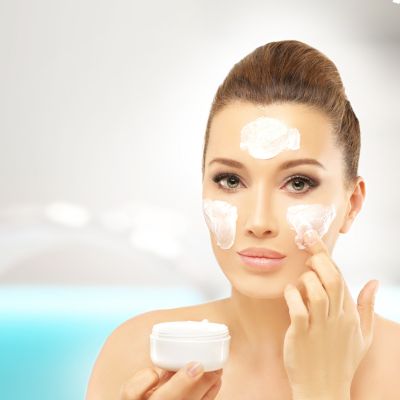
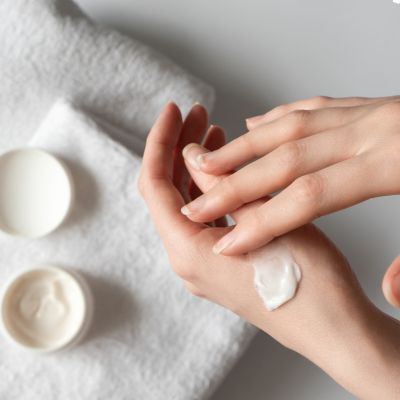
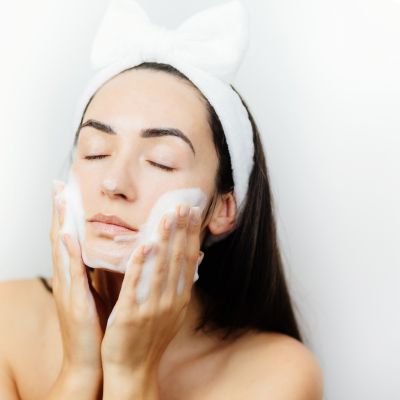
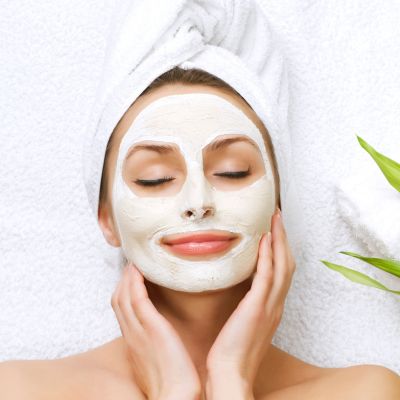
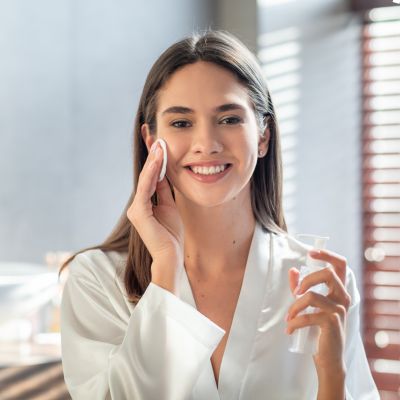
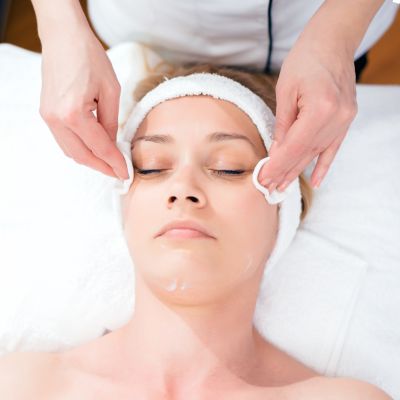
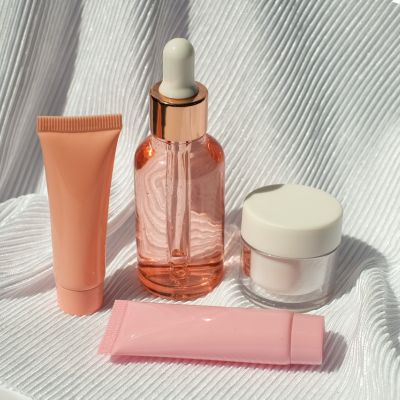
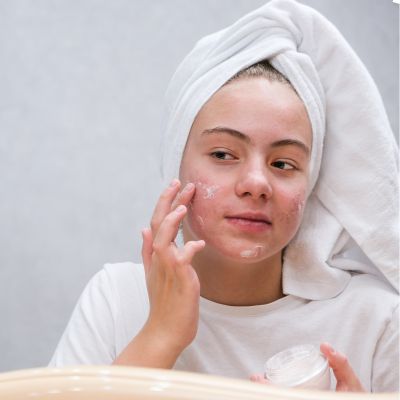

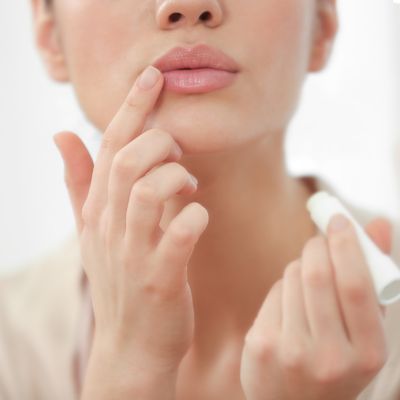
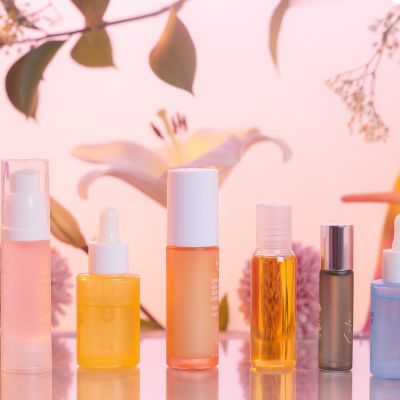
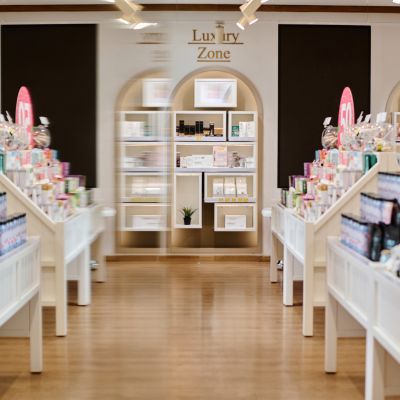



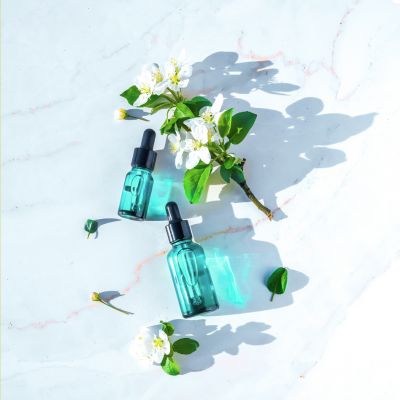

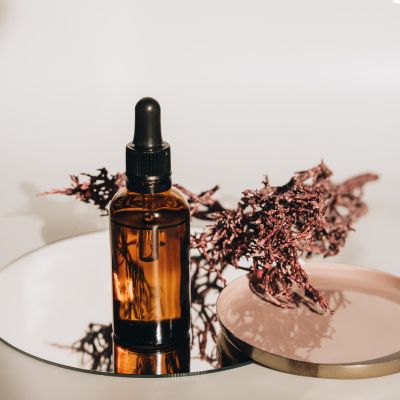
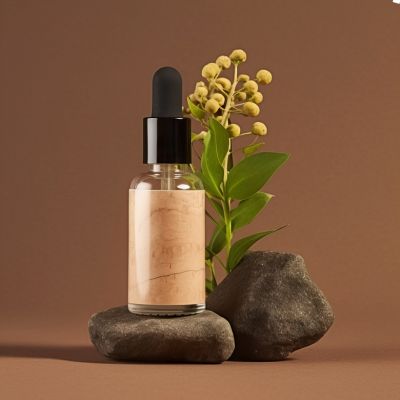

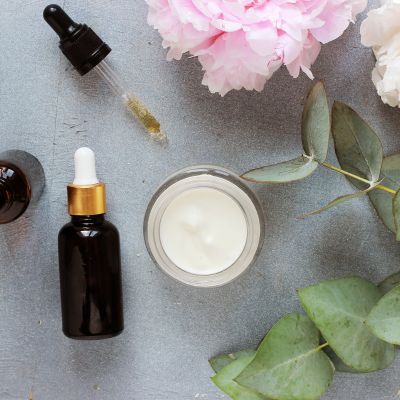
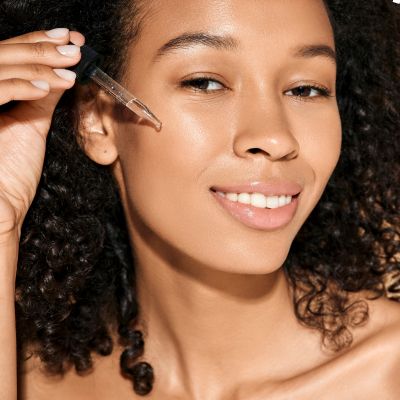
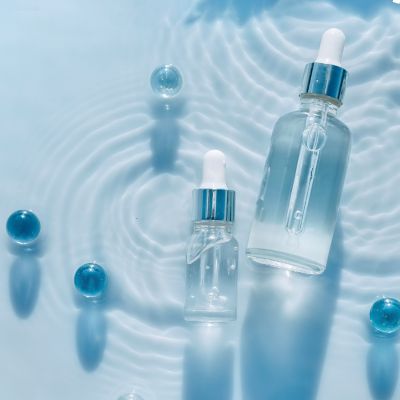
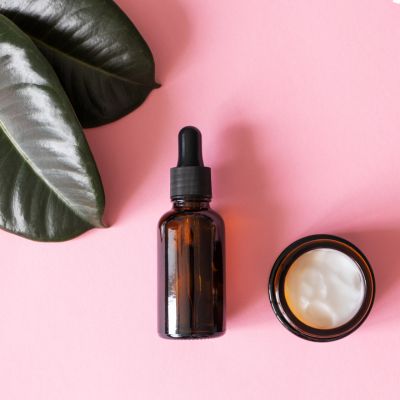
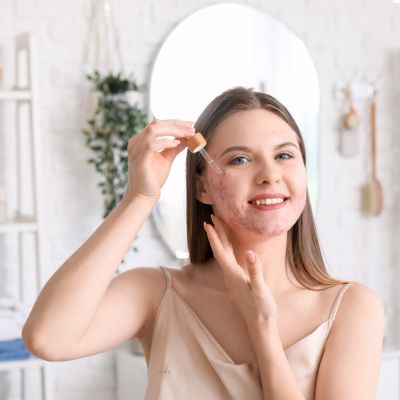
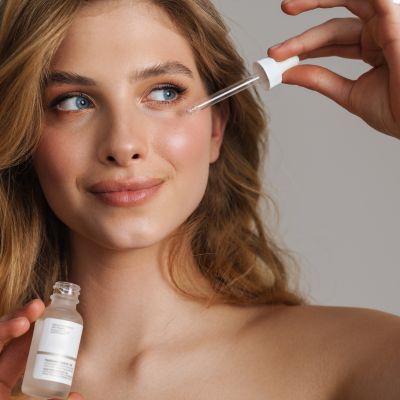
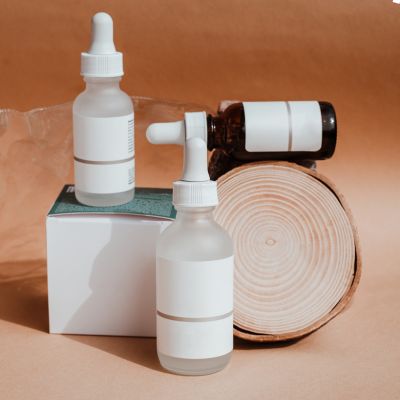



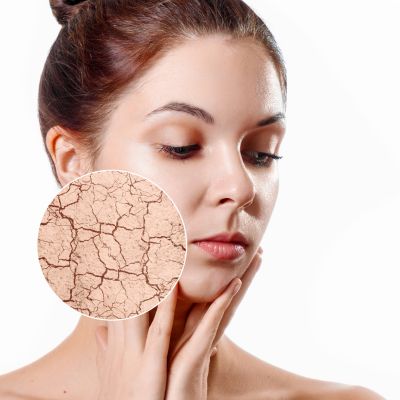



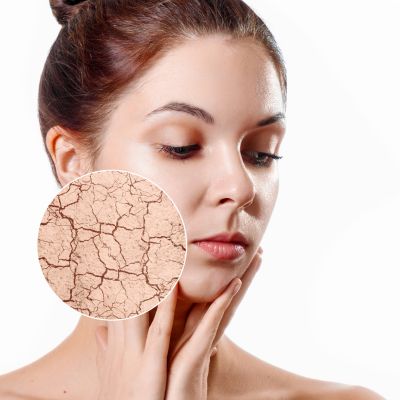






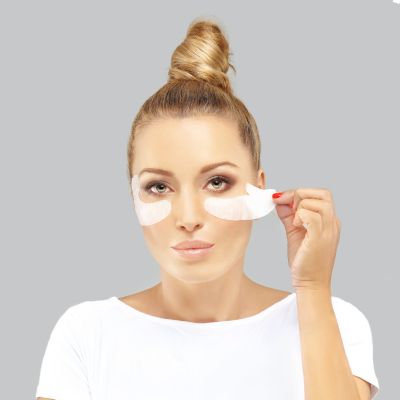


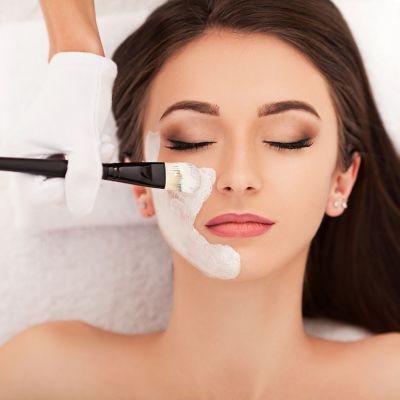
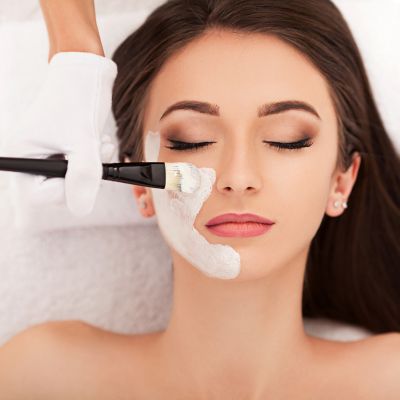
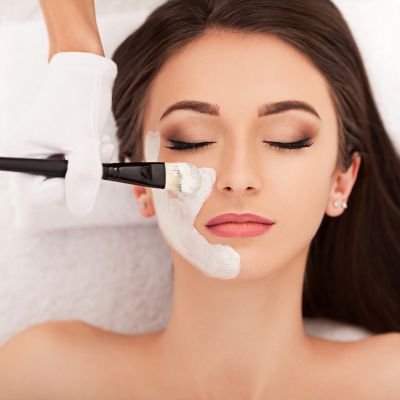
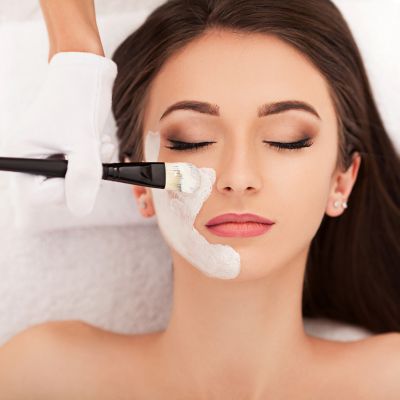
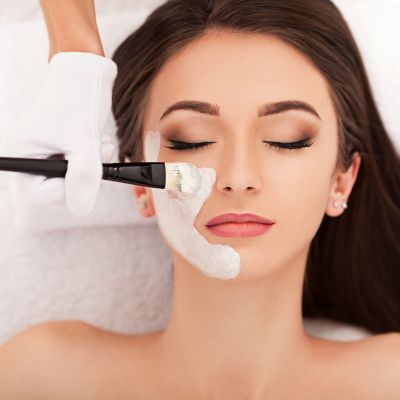
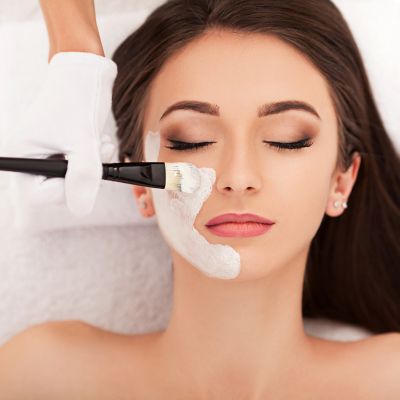
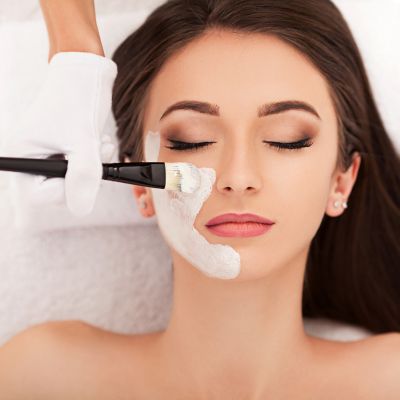
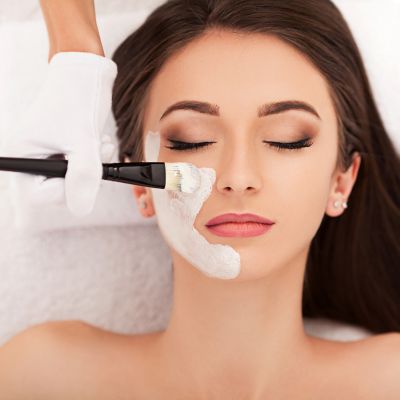
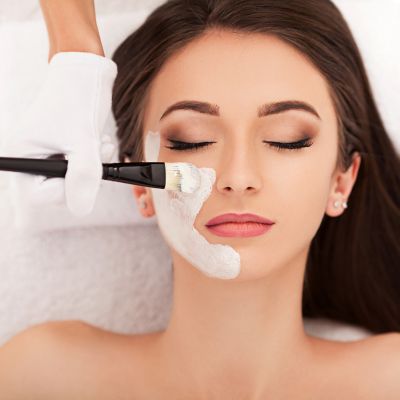
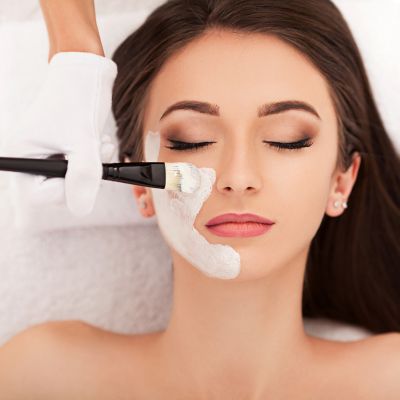
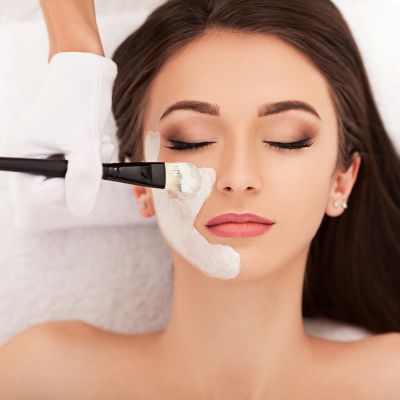
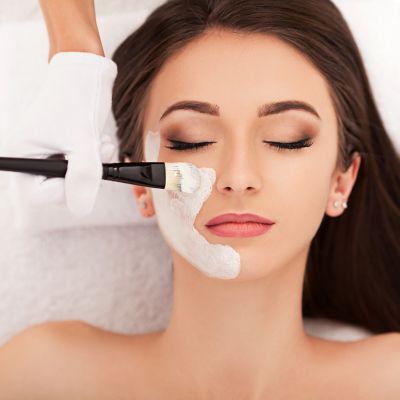
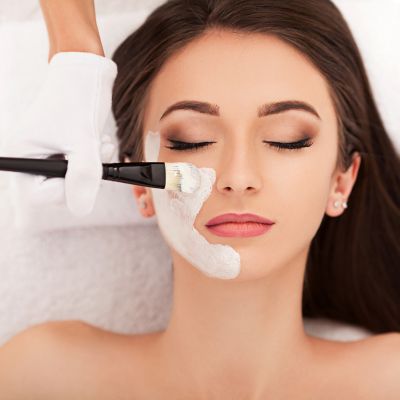
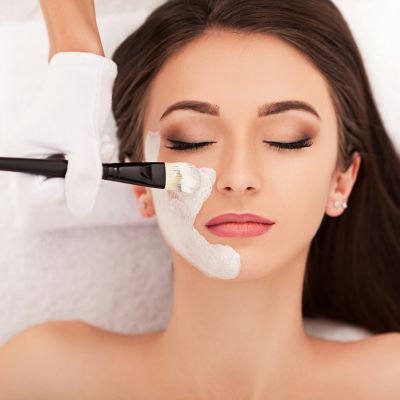
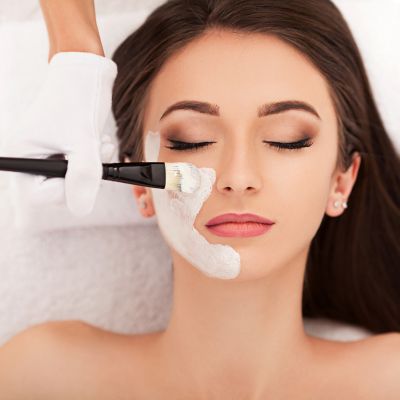



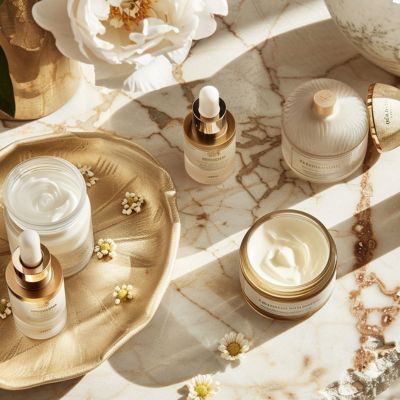
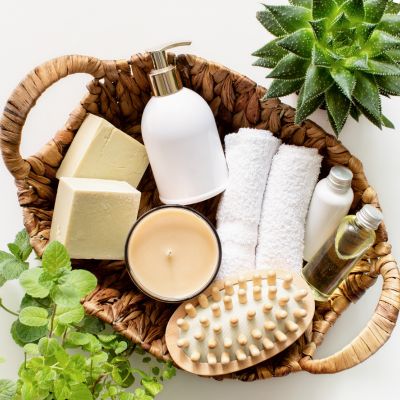

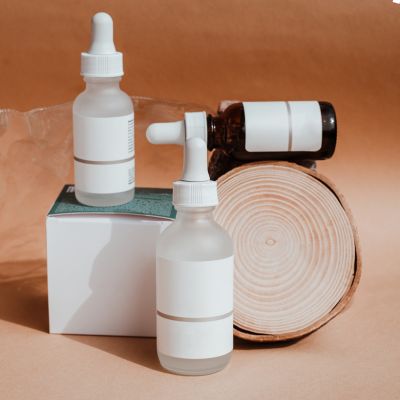
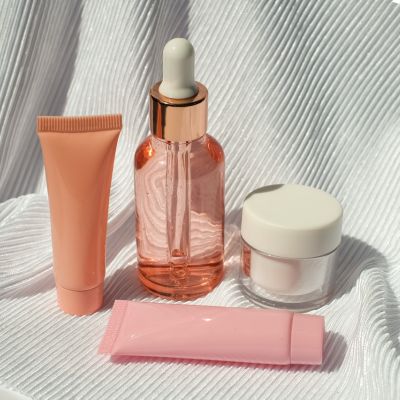


Leave a comment
Please note, comments need to be approved before they are published.